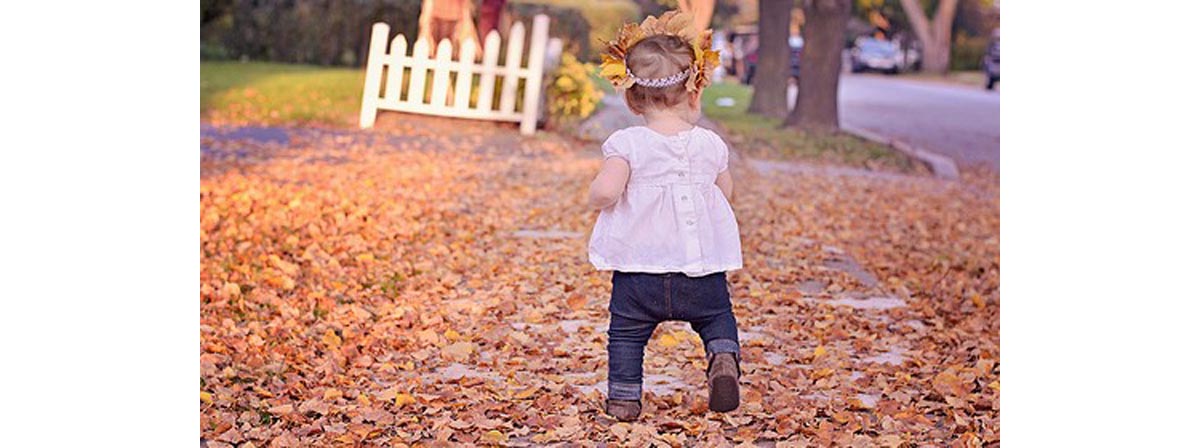Table of Contents
We welcomed a new kitten into our home just recently. All animal lovers will tell you that once you decide to add a pet to your family, you have the responsibility to look after that pet for the rest of its life — unless you are dealing with truly exceptional circumstances and go about finding a new owner in a responsible manner.

Pet shelters make sure that a person's commitment to their new pet is more than just verbal. New pet owners sign a contract that specifies exactly how the animal should be taken care of. The adopter agrees to “always provide proper and necessary care and treatment for the animal I have adopted, including but not limited to humane treatment, shelter, food, love, and veterinary care.”
That's just the start. New pet owners may contractually be obliged to provide the pet with a microchip and may even have to agree to random visits from the animal shelter's staff to ensure the pet's well-being. If the pet is found to be neglected, the pet will be taken away and the owner will be liable to pay an owner release fee.
In the West, we care deeply about pets — more so than we do about human children, it seems in many cases. In England, the Royal Society for the Prevention of Cruelty to Animals was founded before the similar society that aimed to protect children. That only became established once someone took a child to the RSPCA for the simple reason that there was nowhere else to turn.
Adoption: Not Forever After All? If You Don't Like Your New Child, Advertise Him Online?
People adopt children for many reasons. Though almost all adoptive parents will hear comments about them being selfless saints, a biological urge to have children has got to be the number one motive. Prospective adoptive parents must go through rigorous checks before they are able to bring a child home; checks that are much more rigorous than those that animal shelters conduct before allowing pet adopters to welcome an animal.
Though adoption makes adoptive parents the legal parents of a child, it seems like these children are seen as disposable far too often, for whatever reason.
Reuters Investigates shocked America and the rest of the world with their report “The Child Exchange — inside America's underground market for adopted children” in October 2013. The news agency revealed how adoptive parents are seeking to “privately re-home” their adopted children on the internet, passing them off to total strangers much in the way pet owners who decide they cannot handle the responsibility sometimes do. Many of these children were adopted from abroad, only to end up being passed around from home to home without any government intervention.
The report makes for fascinating if utterly shocking reading. The one online child advertisement that immediately caught my attention was regarding a girl adopted from China who had been in her new “home” only days: “We adopted an 8-year old girl from China […] and felt from the beginning that her needs were going to be more than we could manage, but we just couldn't send her back to the orphanage. […]”
The ad goes on: “[She] is a sweet, happy child with a beautiful smile that lights up the room. However, she needs intensive speech therapy and occupational therapy as she is functioning at the level of a 4-5 year old.” At the end, the adoptive parent urged the reader to share the ad with “anyone who might be interested.”
You'll find transcripts of hundreds of similar ads if you read the Reuters report. Many specify disorders that are not uncommon among adopted children, while others don't give an excuse beyond “we are older parents and can't cope”. Couldn't they have thought about that before adopting a child?
Parents who engaged in private re-homing also share their stories. "The judge had a chip on his shoulder […] and threw the book at us," one such person shared. "He said, 'I'm not going to let people like you take kids into this country and then dump them into the system.' […] We lived with fear." How did the adoptive child feel? That was not relevant to the new "parents", I guess.
The child whom the woman who provided this quote adopted is now grown up and living alone. But she still feels love toward her initial adoptive parents, even after a re-homing ordeal. This “mother” goes on to say: "[The adoptive daughter] says,'Tell dad I love him. When are you going to come visit?' I say, 'That's not possible right now.' She has a fantasy about our family."
- Photo courtesy of jjagner by Flickr : www.flickr.com/photos/jjagner/8123507629/
- Photo courtesy of Charlotte by Flickr : www.flickr.com/photos/charlottemorrall/3850229832/


Your thoughts on this